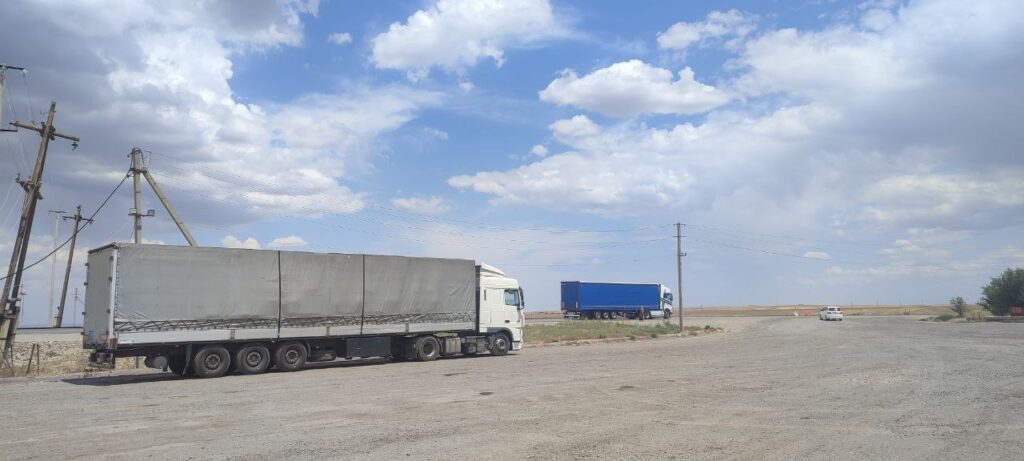Face Pay, Palm Scans, and AI Cameras: Inside Kazakhstan’s Digital Transformation
Daily life in Almaty, Kazakhstan’s largest city, increasingly resembles scenes from a futuristic film. Subway fares can be paid with a glance, schoolchildren enter campuses by scanning their palms, and traffic flows are monitored by an expansive video surveillance system. With just a smartphone, citizens can apply for a marriage license, open a business, or access official documents within seconds. Kazakhstan has embraced rapid digitalization, positioning itself as a regional leader in GovTech and fintech. Authorities promote this trajectory as a means to create a secure and efficient environment, and the public has largely welcomed it. The country now boasts one of the world’s highest penetration rates for cashless payments and digital services. Yet the swift adoption of emerging technologies has brought new challenges. The digital infrastructure is evolving faster than the country’s legal frameworks can adapt, raising concerns among experts about how to balance technological convenience, public safety, and the right to privacy. Biometric Security or Overreach? Kazakhstan’s biometric systems are being integrated into a growing ecosystem of everyday services. A prominent example is the Alaqan system in schools, which replaces traditional entry cards with palm-scanning technology. Currently in a pilot phase at nearly 300 schools, the government plans to expand the system nationwide within the next two to three years, should it prove to be successful. Supporters argue this enhances child safety by preventing unauthorized access. Critics, however, warn that it also involves building a vast biometric database of minors, requiring unprecedented security protocols. Simultaneously, the Ministry of Digital Development is rolling out a national video surveillance network powered by artificial intelligence. The system, which integrates citywide cameras into a unified platform, will enable real-time facial and license plate recognition and detect incidents such as fights, large gatherings, or abandoned items. Minister of Artificial Intelligence and Digital Development Zhaslan Madiyev described the system as a tool to monitor public safety 24/7. Equipment Dependence and Strategic Risk Much of Kazakhstan’s surveillance infrastructure relies on equipment from major Chinese companies such as Hikvision and Dahua. Their products are favored for their cost-effectiveness, but concerns have been raised internationally over cybersecurity vulnerabilities and potential data access “backdoors.” Several U.S. and EU countries have imposed restrictions on these firms for national security reasons. In Kazakhstan, which pursues a multi-vector foreign policy, the issue is viewed more as technical than political. Experts recommend diversifying suppliers and enforcing strict data encryption protocols, regardless of the origin of the equipment. Kazakhstan’s exposure to cybersecurity risks became clear in February 2024, when a leak involving the Chinese firm iSoon compromised databases belonging to local telecom operators and targeted government institutions, including the Unified Pension Fund. The incident prompted an urgent reassessment of data security practices. Centralized data hubs, experts noted, can only function securely if accompanied by significant investment in cybersecurity infrastructure. Legislation Lagging Behind While Kazakhstan has a law on personal data, experts argue it is outdated, particularly given the rapid integration of artificial intelligence into public systems. Recent legislative amendments now allow biometric identification to...






